- Home
- slideshows
- miscellaneous
- Here are the books that startup founders highly recommend to other founders, according to this VC's survey
Here are the books that startup founders highly recommend to other founders, according to this VC's survey
“Stumbling on Happiness” by Daniel Gilbert

“The Hard Thing About Hard Things: Building a Business When There Are No Easy Answers” by Ben Horowitz
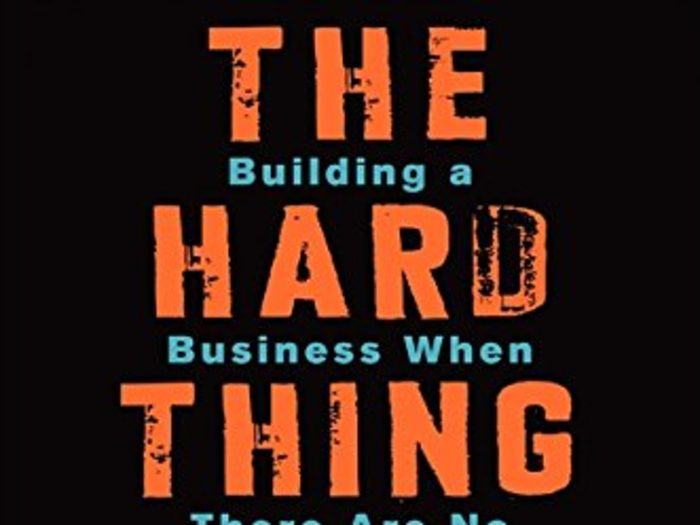
"The hard thing isn't dreaming big. The hard thing is waking up in the middle of the night in a cold sweat when the dream turns into a nightmare." — Ben Horowitz, The Hard Thing About Hard Things
It was no surprise to see that founders recommended this book. Ben has been both a successful startup founder and startup investor, and in The Hard Thing About Hard Things, he's brutally honest about how difficult being a founder can be. His vulnerability and frankness about the struggles of entrepreneurship is a refreshingly honest take compared to other books marketing themselves to founders as how-to guides, which tend make entrepreneurship sound easy.
I think founders appreciate both the warning of potential struggles ahead, as well as the commiseration of someone who has been there before — and succeed.
“How to Change Your Mind: What the New Science of Psychedelics Teaches Us About Consciousness, Dying, Addiction, Depression, and Transcendence” by Michael Pollan
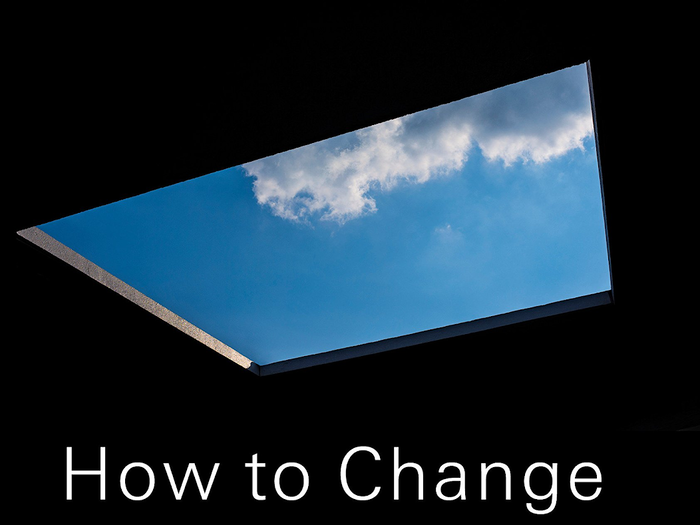
"Our task in life consists precisely in a form of letting go of fear and expectations, an attempt to purely give oneself to the impact of the present." — Michael Pollan, How to Change Your Mind
It's no secret that Silicon Valley has a special relationship with psychedelics - from "microdosing" to Burning Man, many in the tech industry are eager to understand and capitalize on the potential benefits of these substances. This recent book by renowned journalist Michael Pollan offers first-hand accounts and research-backed studies detailing the effects of psychedelics, while pondering broader topics of consciousness, addiction, and death.
“Never Split the Difference: Negotiating As If Your Life Depended On It” by Chris Voss and Tahl Raz
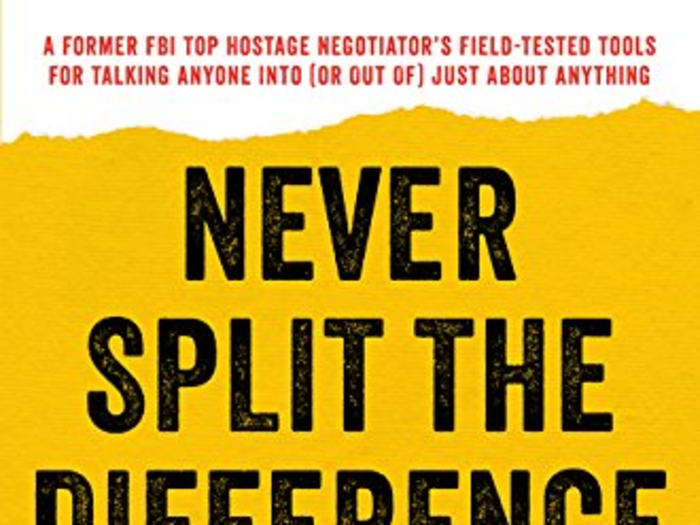
"Negotiation is not an act of battle; it's a process of discovery. The goal is to uncover as much information as possible." — Chris Voss, Never Split the Difference
I've yet to read Never Split the Difference, but it's clear why founders find it valuable. Running a startup is a series of never-ending negotiations: with investors, with customers, with employees, with co-founders, and even with loved ones. Arming yourself with the tools to be a more effective persuader and understand the dynamics of a negotiation is a worthwhile endeavor.
“Shoe Dog: A Memoir by the Creator of Nike” by Phil Knight
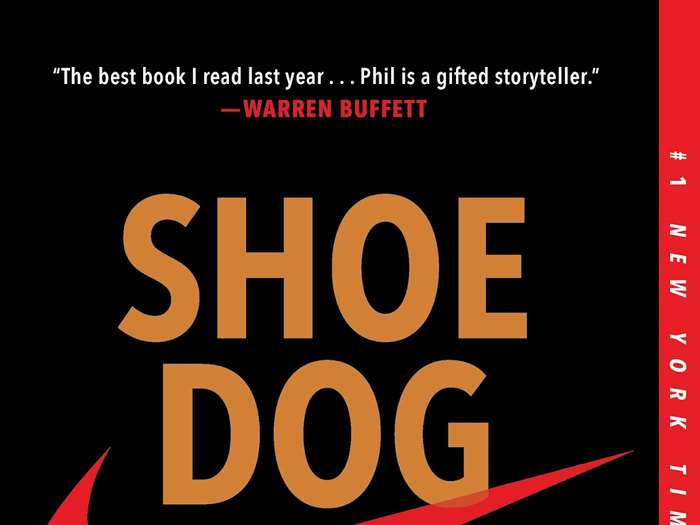
"I wanted to build something that was my own, something I could point to and say: I made that. It was the only way I saw to make life meaningful." — Phil Knight, Shoe Dog
My take: Shoe Dog is an intelligible and easy-to-read story of how Phil Knight built Nike, before venture capital was as pervasive as it is today. Knight uses simple prose to tell an incredible tale, with ups-and-downs and thoughts that founders undoubtedly sympathize with. It reads like a grandfather fondly reminiscing on their own entrepreneurial journey, with warnings, suggestions, and friendly encouragement along the way.
“The Artist’s Way” by Julia Cameron
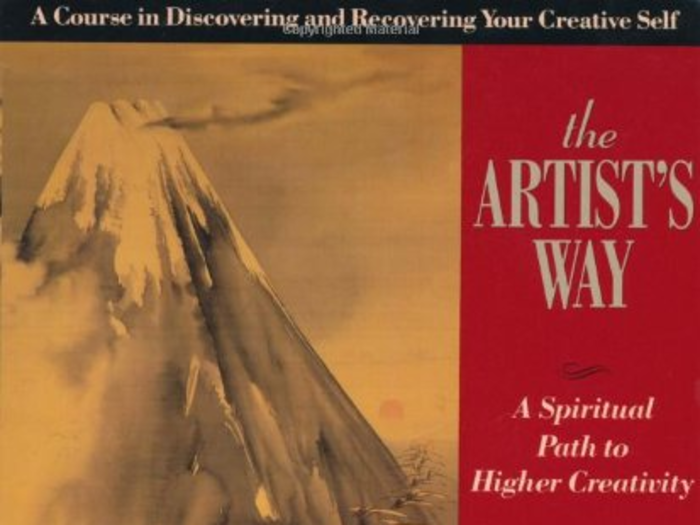
"In times of pain, when the future is too terrifying to contemplate and the past too painful to remember, I have learned to pay attention to right now. The precise moment I was in was always the only safe place for me." — Julia Cameron, The Artist's Way
Another book on creativity, "The Artist's Way" discusses the struggles with self-defeating emotions and beliefs that can hold anyone back from any endeavor. Founders likely commiserate with many of the struggles that screenwriter and author Julia Cameron describes in this book, and can learn from her methods of coping with them.
“Predictable Revenue: Turn Your Business Into a Sales Machine with the $100 Million Best Practices of Salesforce.com” by Aaron Ross and Marylou Tyler
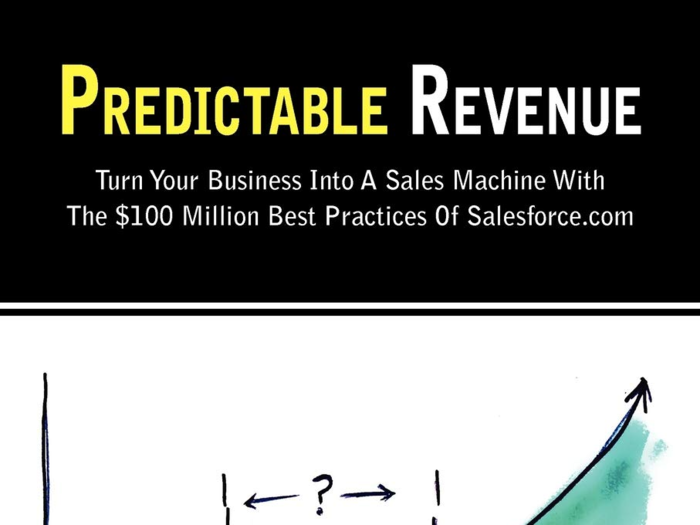
"Cold Calling 2.0: By far the most predictable and controllable source of creating new pipeline, but it takes focus and expertise to do it well. Luckily, you are holding the guide to the process in your hands right now." — Predictable Revenue
Although I haven't read Predictable Revenue, it is the type of book I expected for founders to recommend to one another — a handbook with processes and suggestions for one specific facet of running a company, in this case, enterprise sales. Aaron describes the enterprise sales process he built while at Salesforce, referred to as Cold Calling 2.0.
“Man’s Search for Meaning” by Viktor E. Frankl
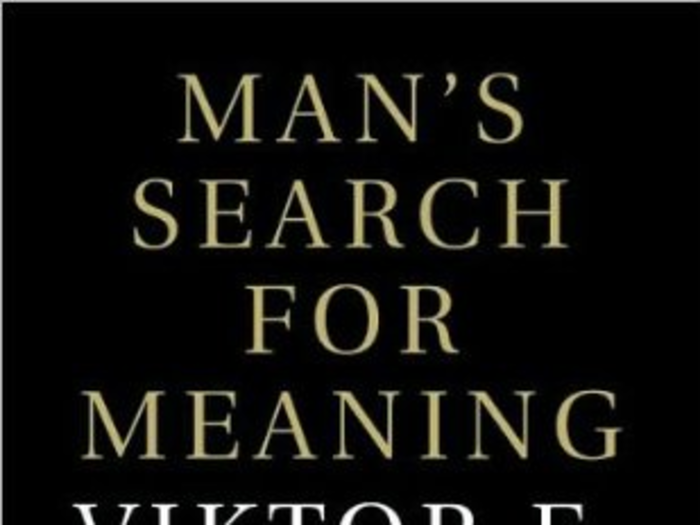
"Everything can be taken from a man but one thing: the last of the human freedoms—to choose one's attitude in any given set of circumstances, to choose one's own way." — Viktor E. Frankl, Man's Search for Meaning
The most powerful (and oldest) book that founders recommended one another was Viktor E. Frankl's 1946 memoir about finding meaning in even the most horrible circumstances of human suffering, as a prisoner in Nazi death camps.
Frankl describes his experiences and observations of other prisoners, describing the different sources of meaning that helped them hold on. Ultimately, Frankl concludes that suffering is inevitable, but that every person must find their own meaning in it. While their suffering may not be on the same level as Frankl's, this book empowers founders to think about what matters to them in the face of hardship, which is inevitable.
“Delivering Happiness: A Path to Profits, Passion, and Purpose” by Tony Hsieh
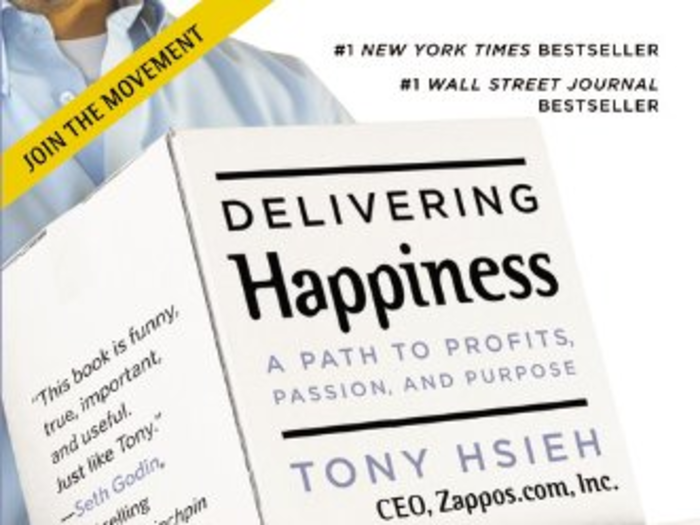
"I had decided to stop chasing the money, and start chasing the passion." — Tony Hseih, Delivering Happiness
This book from Zappos' CEO is multi-functional for founders in that it contains two lessons: how (and why) to build a company by delighting customers; and the attitude to embrace to find happiness yourself. Zappos was legendary for having unparalleled customer service, who would go above and beyond to delight customers despite the cost of doing so, in the hopes that they'd return and recommend Zappos to their friends.
“Creativity, Inc.: Overcoming the Unseen Forces That Stand in the Way of True Inspiration” by Ed Catmull and Amy Wallace
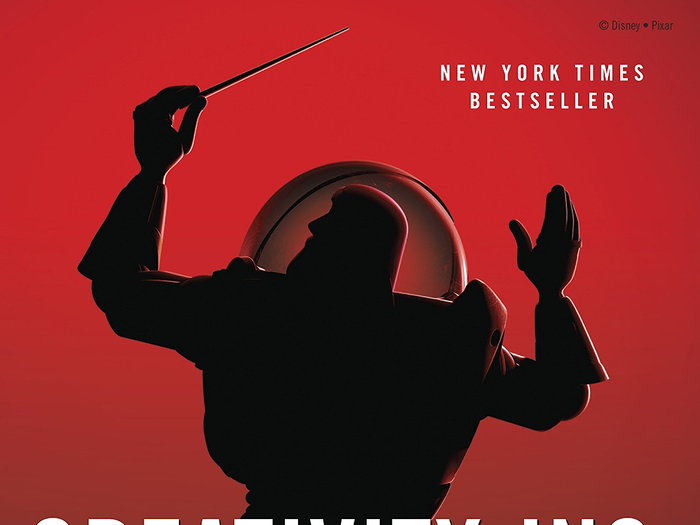
"Don't wait for things to be perfect before you share them with others. Show early and show often. It'll be pretty when we get there, but it won't be pretty along the way." — Ed Catmull, Creativity, Inc.
In Creativity, Inc, the co-founder of Pixar details the leadership and management philosophies that foster a creative culture. While not every company is as creatively focused and driven as Pixar, Catmull argues that every company should be more creative and less afraid of failures.
“The Body Keeps the Score: Brain, Mind, and Body in the Healing of Trauma” by Bessel van der Kolk M.D.
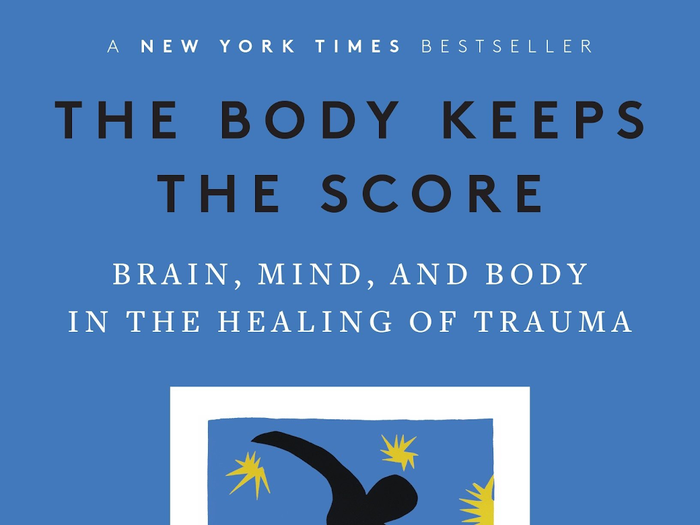
"Being able to feel safe with other people is probably the single most important aspect of mental health; safe connections are fundamental to meaningful and satisfying lives." — Dr. Bessel van der Kolk, The Body Keeps the Score
It is reassuring that founders also seek out information on mental and physical health, such as this book about recognizing, acknowledging, and recovering from any sort of trauma. Dr. Bessel van der Kolk details strategies for coping and healing with stress, pain, and mental trauma.
“Lost and Founder: A Painfully Honest Field Guide to the Startup World” by Rand Fishkin
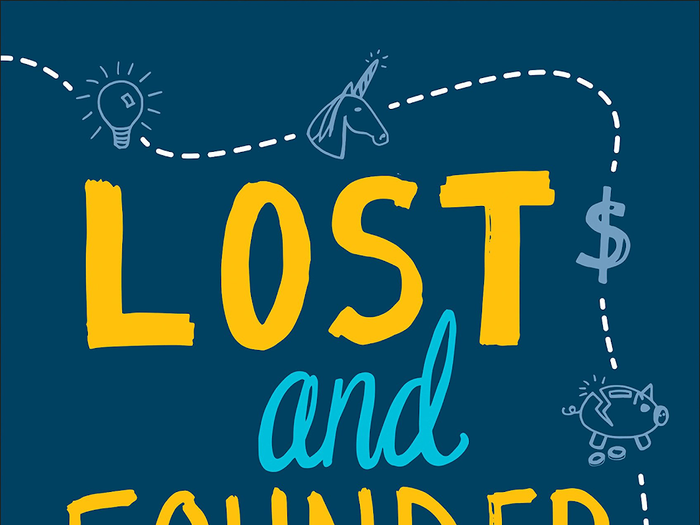
"The problem with MVPs, and with the 'something > nothing' model, is that if you launch to a large customer base or a broad community, you build brand association with that first version." - Rand Fishkin, Lost and Founder
Another founder memoir, Fiskin's book approaches his experiences in a more light-hearted and humorous way than Ben Horowitz, Phil Knight, or Tony Hsieh's books above. Founders may appreciate his hilarity and uncommon advice and insight.
“Dear Founder: Letters of Advice for Anyone Who Leads, Manages, or Wants to Start a Business” by Maynard Webb and Carlyle Adler
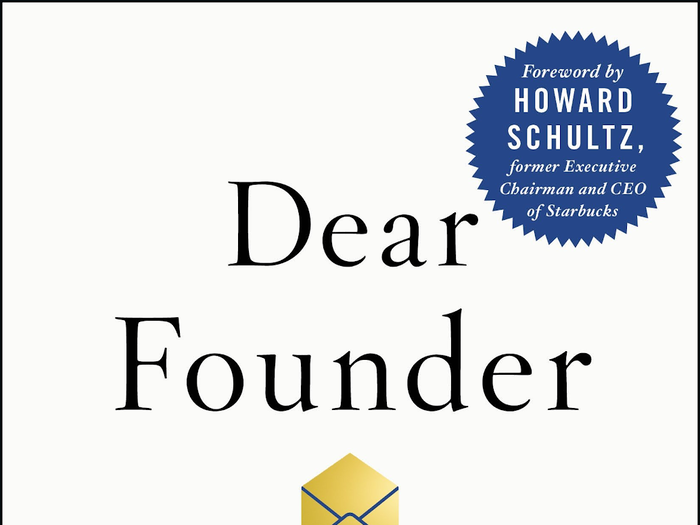
"I just want everybody to work on things that they love and that will help them achieve their dreams." — Maynard Webb, Dear Founder
"Dear Founder" consists of over 80 letters written to founders facing different problems or stages of growth, with chapters titled "When nobody wants to give you money," "When everyone wants to invest," and "When you have to face that your startup is failing," among others.
These specific chapters and lessons are likely helpful to founders who know the troubles that they are facing and are looking for straightforward advice from someone who has been there before.
“Blitzscaling: The Lightning-Fast Path to Building Massively Valuable Companies” by Reid Hoffman and Chris Yeh
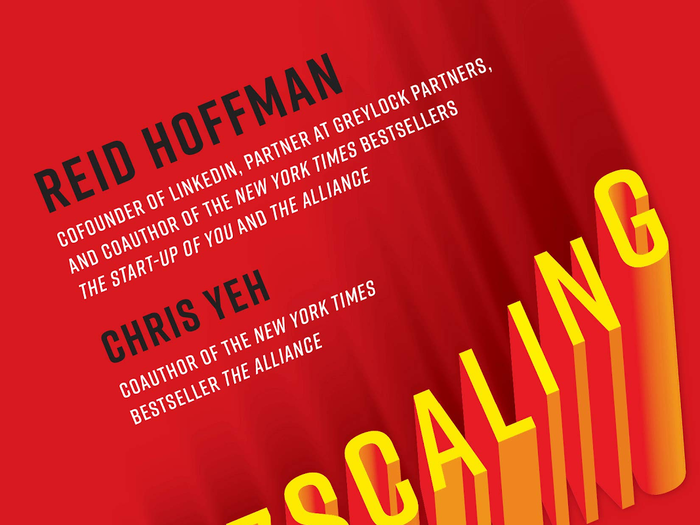
"But prioritizing speed over efficiency — even in the face of uncertainty — is especially important when your business model depends on having lots of members and getting feedback from them. If you get in early and start getting that feedback and your competitors don't, then you're on the path to success. In any business where scale really matters, getting in early and doing it fast can make the difference." — Reid Hoffman, Blitzscaling
This is another book that I expected to see founders recommend to one another, since it is on the topic of venture-scale growth. LinkedIn founder and Greylock investor Reid Hoffman describes why sometimes speed is more important than efficiency when scaling a company.
“The Daily Stoic: 366 Meditations on Wisdom, Perseverance, and the Art of Living” by Ryan Holiday and Stephen Hanselman
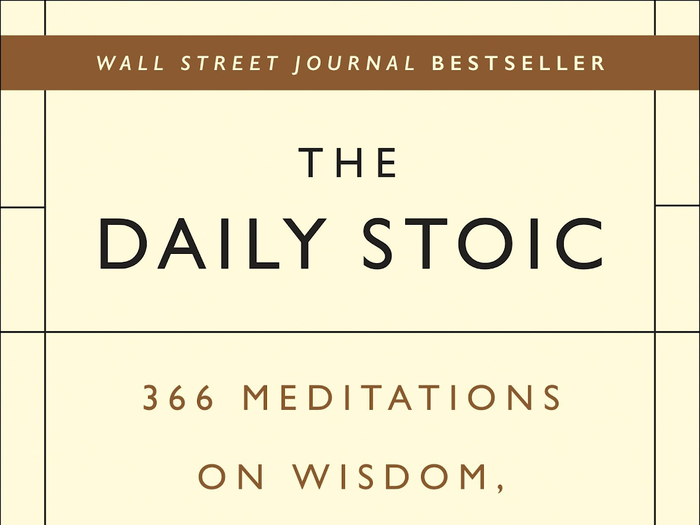
"Knowledge — self-knowledge in particular — is freedom." — Ryan Holiday, The Daily Stoic
Finally, Ryan Holiday's collection of wisdom from the Stoic philosophy offers a thought-a-day exercise to find the peace and self-knowledge necessary to be resilient and "stoic" in the face of adversity — real or imagined.
Founders can benefit from taking the time to know themselves and control their reactions to things that they cannot control.
See More:
Popular Right Now
Popular Keywords
Advertisement